5 Ways to Find Happiness Now
Posted on July 23, 2013 by Debra Burdick
Do you wish you could feel happier more often? Have you figured out exactly what contributes to or detracts from your happiness? Here are 5 simple ways to find happiness on a more consistent basis.
1. Find happiness now. Where are you looking for happiness? Are you waiting to feel happy until you achieve some goal or accomplish a particular type of success or reach a certain stage of life? Are you expecting to feel happy when you find the perfect mate, earn a certain amount of money, lose weight, or perhaps when the kids move out?
 It turns out that happiness is found in the ’now’, the present moment, and not in some far off imagined future. When we learn to be more present and mindful in each moment, as it occurs, the experience of each moment becomes deeper, more colorful, and more satisfying. And we feel happier, now. Happiness doesn’t depend on fame, wealth, or your social status. If we attach our happiness to getting something bigger and better, we miss out on being happy now.
It turns out that happiness is found in the ’now’, the present moment, and not in some far off imagined future. When we learn to be more present and mindful in each moment, as it occurs, the experience of each moment becomes deeper, more colorful, and more satisfying. And we feel happier, now. Happiness doesn’t depend on fame, wealth, or your social status. If we attach our happiness to getting something bigger and better, we miss out on being happy now.
Learning to be content in this moment, in our current situation will lead to increased happiness. This doesn’t mean we don’t work to achieve our dreams or goals. It means we set realistic goals that do not put undue stress on our lives and then enjoy each moment of our journey, whatever we are working towards. By detaching from the negative in our imperfect lives we can learn to enjoy what is, in the present moment. Then happiness becomes easy.
2. Find thoughts that feel better. When we experience a steady stream of negative, anxious, or judgmental thoughts, we prevent ourselves from feeling happy. The good news is that we can learn to control the content of our thoughts. To cultivate happiness we  need to replace these automatic negative thoughts with realistic, more positive thoughts that feel better when we think them. Here’s an example. If you are feeling unhappy because you struggle to pay the bills you might be thinking, ‘I never have enough money, I never have enough money, I never have enough money…’ To feel happier, when you notice this thought pattern you might replace it with ‘although I often feel like I don’t have enough money, somehow I manage to get by each month, and I am always finding new ways to earn more and spend less.’ Feels better, right?
need to replace these automatic negative thoughts with realistic, more positive thoughts that feel better when we think them. Here’s an example. If you are feeling unhappy because you struggle to pay the bills you might be thinking, ‘I never have enough money, I never have enough money, I never have enough money…’ To feel happier, when you notice this thought pattern you might replace it with ‘although I often feel like I don’t have enough money, somehow I manage to get by each month, and I am always finding new ways to earn more and spend less.’ Feels better, right?
Another example of this process might be to replace ‘I’m never going to meet a good man, the good ones are already taken’ with ‘although I haven’t met the man for me yet, my friend just met a great guy so I will keep my eyes open.’ This process of replacing a negative thought with a thought that feels better can shift your mood immediately. Make sure you replace the negative thought with a positive thought that you can believe.
3. Express gratitude. Focusing on things for which you are grateful can very quickly help you feel happier. There is always something to be grateful for all the way from the air we breathe, the food we eat, the bed we sleep in, the people in our lives, the pretty clouds in the sky, to our higher power if that is our belief system Expressing gratitude can take the focus off of ourselves, expand our awareness, and increase our feelings of abundance and happiness.
We can even practice offering gratitude for what we want that hasn’t yet shown up in our lives. The key here is to use your imagination to really feel how you expect to feel after you actually have it. You may be surprised how powerful this exercise can be and how much  more quickly what you want will show up.
more quickly what you want will show up.
4. Help someone else. Happiness is often found in helping others. Volunteering and giving back can feel really good. Work that is in service to others can provide a sense of purpose and satisfaction. This activity takes our focus off of ourselves. Helping someone less well-off can help us feel worthwhile, fortunate, more satisfied and happier with our own lives.
5. Get some physical exercise. Research continues to prove that moderate, regular physical exercise improves mood and self-esteem. It also improves our physical fitness, stress resilience, and resistance to illness. Finding a form of exercise that you enjoy can really help to keep you motivated. Think of things you enjoyed as a child. Perhaps you liked to ride your bicycle, or shoot hoops, or go for a relaxing swim. Walking a moderate pace for 30 minutes, 4-5 times per week can provide the same amount of relief from depression that anti-depressant medications can. When you walk outside you can enjoy each moment of your natural surroundings and pay attention to the pretty sky, beautiful trees, colorful flowers, or even the brilliant reflection of the snow. Be careful to pay attention to your surroundings and the act of walking rather than all the stress and negatives in your life.
I would love to hear your personal experiences with this topic.
Categories: Anxiety, Articles, Depression, Mindfulness, Self Regulation

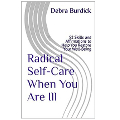
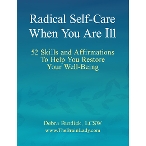
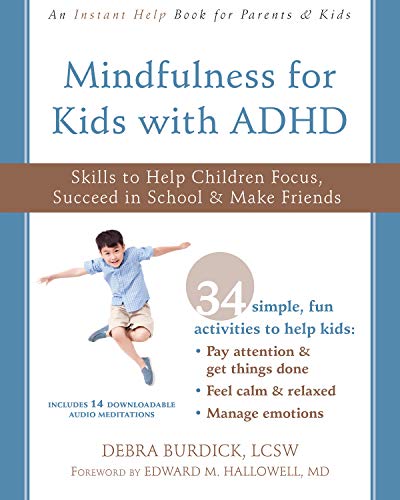
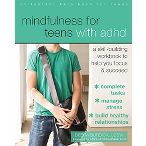
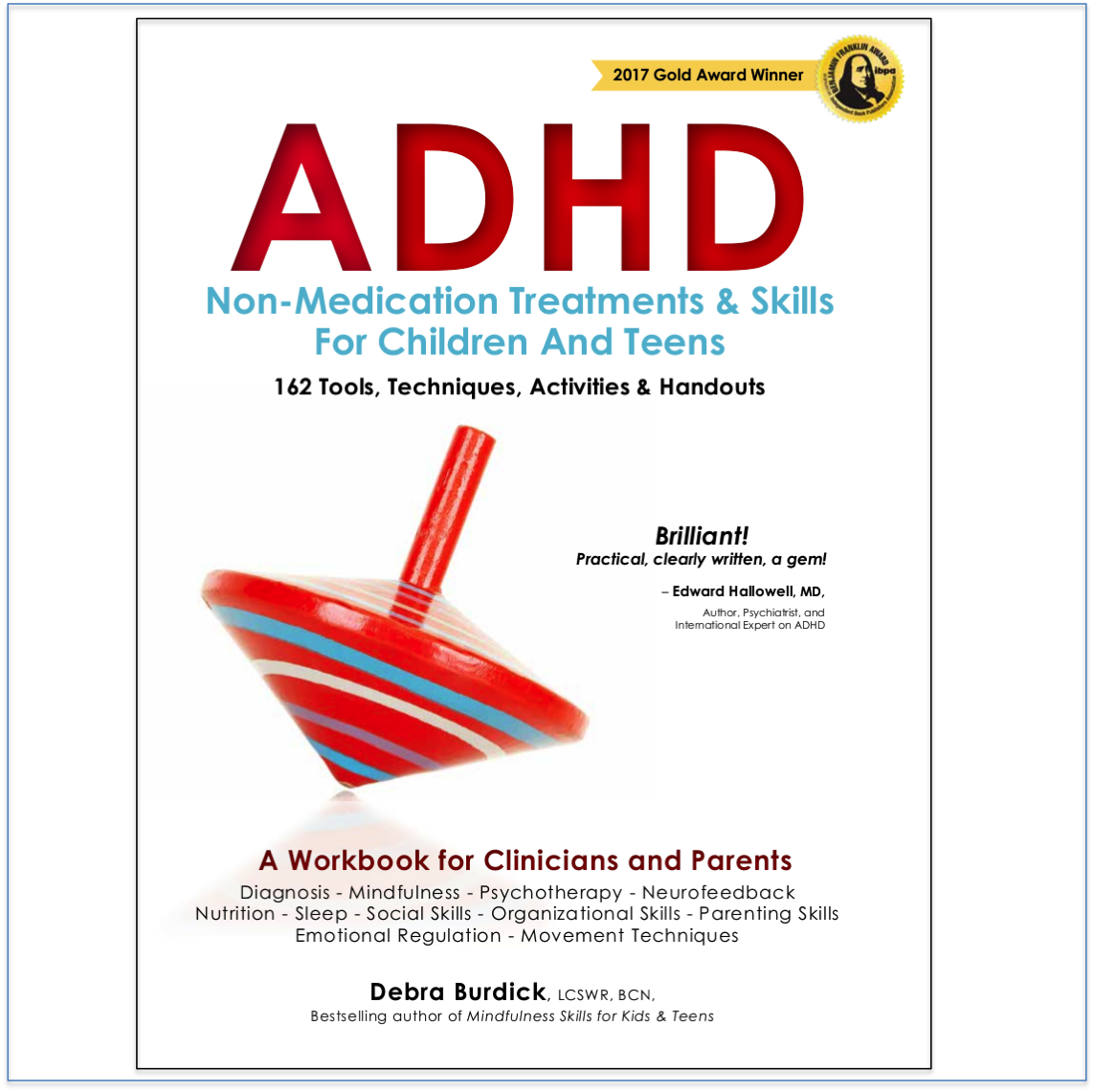
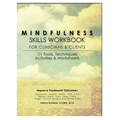
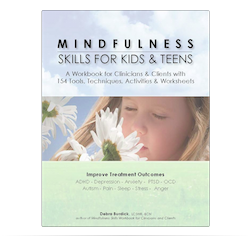
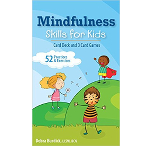
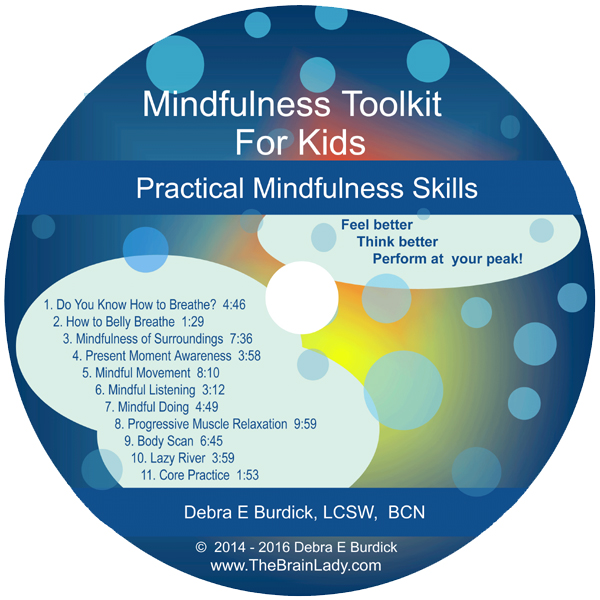
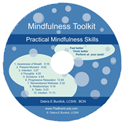
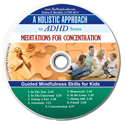
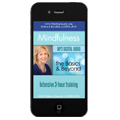
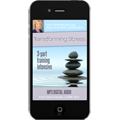
No comments yet. You should be kind and add one!
The comments are closed.